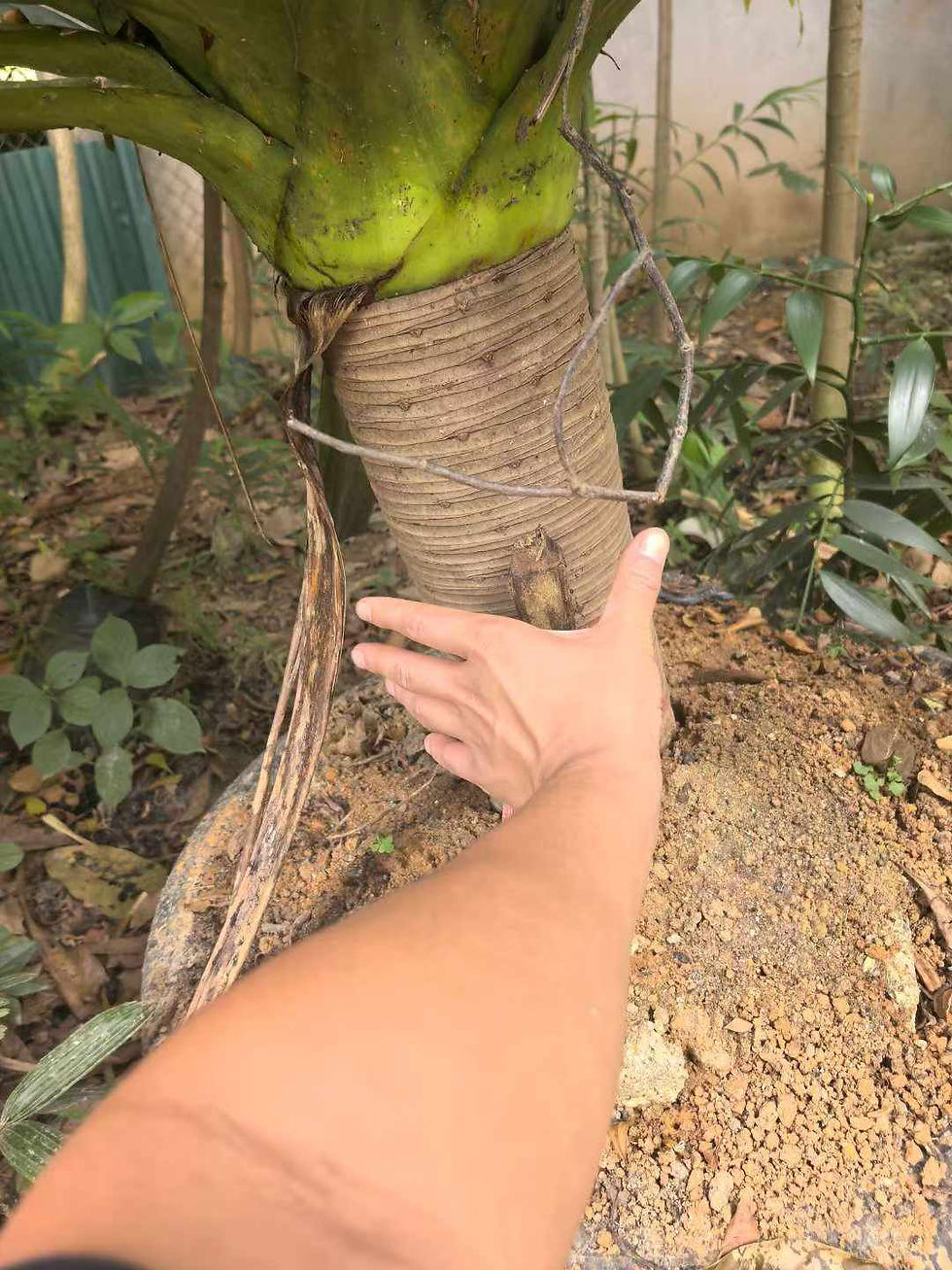Paulownia elongata / Princess Tree / Empress Tree
Seeding: Paulownia Elongata, also known as the Empress Tree or Royal Paulownia, begins its journey from seed. Sowing seeds should be done in a well-draining soil mix, preferably in late winter to early spring. Seeds can be sown directly into prepared soil beds or started indoors in containers. Ensure the seeds are planted at a depth of around 1/4 to 1/2 inch and maintain consistent moisture levels during germination. Germination typically occurs within 7-14 days under optimal conditions.
Planting: Once seedlings have developed several sets of true leaves and are sturdy enough for transplanting, they can be planted outdoors. Paulownia Elongata thrives in full sun and well-drained soil with a slightly acidic to neutral pH level. Spacing between plants should be approximately 15-20 feet to allow for their rapid growth and expansive root systems. Adequate spacing ensures optimal airflow and prevents overcrowding. Regular watering is crucial, especially during the establishment phase, to promote healthy root development and overall growth.
Product Usage: Paulownia Elongata is a versatile tree species with various applications:
Timber Production: The primary use of Paulownia Elongata is for timber production. Known for its fast growth rate, this species can reach maturity within 6-10 years, making it highly suitable for short-rotation forestry. The wood is lightweight yet durable, making it ideal for a wide range of applications, including furniture, cabinetry, flooring, and musical instruments.
Agroforestry: Paulownia Elongata can be integrated into agroforestry systems, providing shade and wind protection for crops while also offering potential income from timber production. Its deep root system can help improve soil structure and prevent erosion, making it an environmentally beneficial choice for agroforestry projects.
Biofuel Production: The fast-growing nature of Paulownia Elongata makes it a promising candidate for biomass production. Its high biomass yield per hectare makes it a valuable feedstock for biofuel production, contributing to renewable energy initiatives and reducing dependence on fossil fuels.
Landscaping and Ornamental Purposes: With its large, heart-shaped leaves and showy lavender flowers, Paulownia Elongata is often planted for ornamental purposes in parks, gardens, and along streetscapes. Its rapid growth and attractive appearance make it a popular choice for landscaping projects, providing shade and aesthetic value to urban and suburban areas.
In summary, Paulownia Elongata is a multipurpose tree species with significant economic, environmental, and aesthetic benefits. From timber production to agroforestry and biofuel applications, its versatility makes it a valuable asset in sustainable land management practices.

































